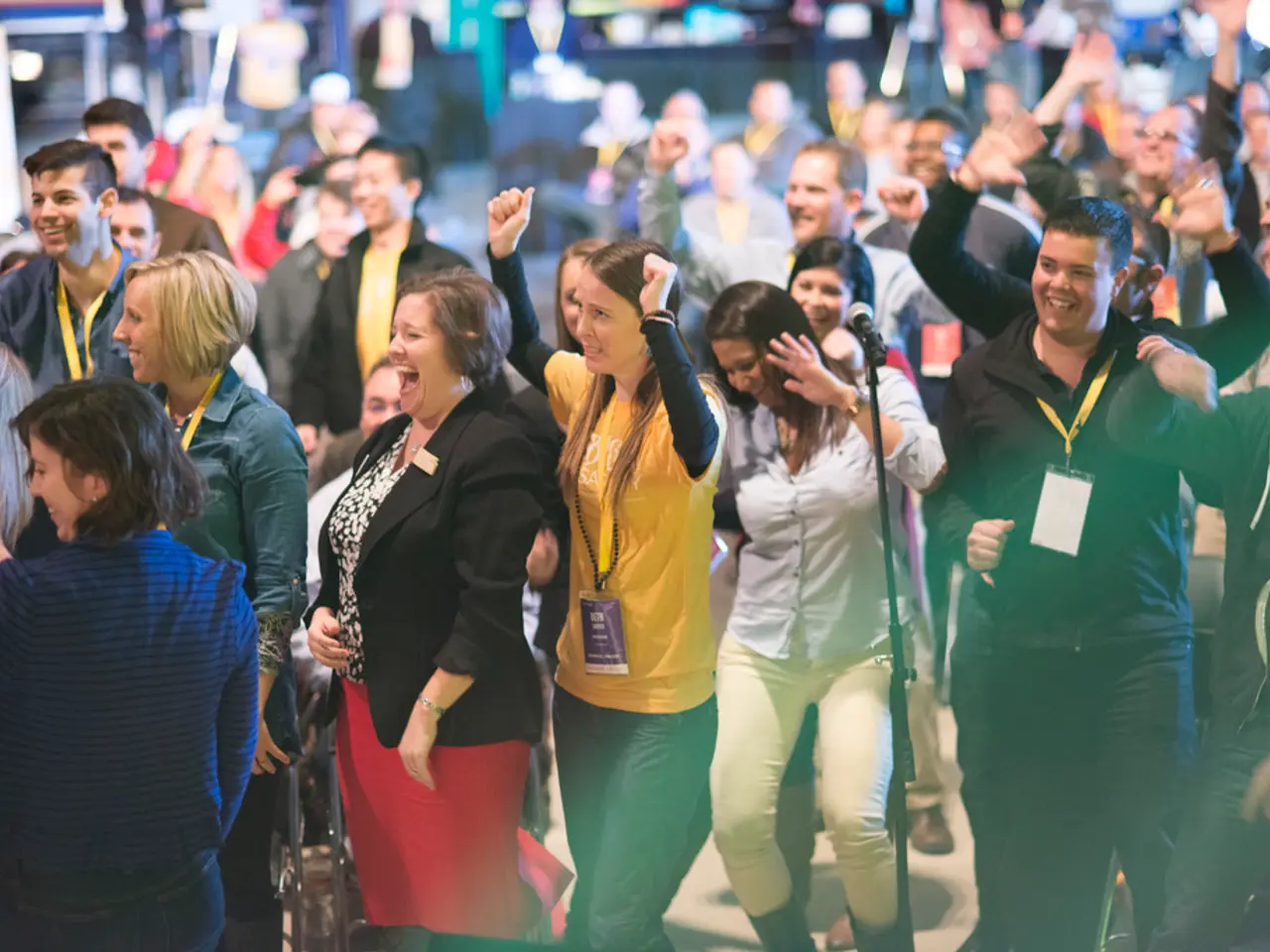"Expressing Our Opinions"
French Muslims Make a Mark in Stand-Up Comedy
The world of stand-up comedy in France is seeing a significant shift, with an increasing number of French Muslim comedians making their mark. On June 22, Redouane Bougheraba, a French Muslim comedian, will headline a stand-up comedy show at the Orange Velodrome stadium, with a capacity of 67,000.
This rising trend is driven by several interrelated causes. The demographic presence and cultural assertion of French Muslims, many of whom are of North African descent, are growing in France. This population seeks to express their identities, experiences, and social critiques through comedy.
Stand-up comedy, as a flexible and accessible form of cultural expression, allows comedians from marginalized groups to challenge stereotypes and address issues such as discrimination, integration, identity, and social injustice. The growth of digital platforms and alternative media has also enabled Muslim comedians to reach wider audiences without the traditional gatekeeping of mainstream French media.
However, French Muslim comedians face notable challenges. They often encounter social and institutional challenges, including persistent Islamophobia, racial prejudice, and cultural marginalization in France. These pressures can affect their opportunities and the reception of their work. They may also encounter censorship or backlash for addressing sensitive topics about religion, race, and French secularism (laïcité).
The French entertainment industry historically underrepresents ethnic and religious minorities, posing structural barriers to full inclusion. In the past, comedians like Malik Bentalha and Yassine Belattar felt obliged to play on Arab clichés to be accepted by mainstream audiences. Some critics argue that Jamel Debbouze softened the ethnicity of his comedy to avoid offending French secular sensibilities.
Despite these challenges, French Muslim comedians are contributing to broadening the representation of France’s diverse population, offering nuanced perspectives on Muslim identities that counteract negative stereotypes. Their work fosters dialogue on integration, multiculturalism, and secularism by combining humor with social critique, thereby influencing public perceptions.
Stand-up comedy acts as a platform to reclaim cultural space in public discourse, empowering French Muslims to narrate their own stories and participate actively in France’s cultural life. This can promote greater social cohesion over time.
One of the pioneers in this field was Mustapha el-Atrassi, a retired French Arab comedian, who was regarded as the "standups' standup" and compared to the anarchic, US counterculture hero comedian Lenny Bruce in his fearlessness.
In recent years, comedians such as Malik Bentalha, Le Comte de Bouderbala, Yassine Belattar, and others have contributed to France's thriving stand-up comedy scene over the past two decades. They are using their platforms to challenge stereotypes, address social issues, and offer unique perspectives on French society.
For instance, Bentalha's sketch, which reached nearly seven million views on YouTube, mocks a toadying spokesman for French imams, a booze-swilling Sarkozyite, a white supremacist posing as a cleaned-up Marine Le Pen ally, and an Arab academic who is ignored by the presenter.
Jamel Debbouze, another trailblazer, created the Jamel Comedy Club TV programme and later the Comedy Club, France's first dedicated stand-up venue. His sets often mocked the French political landscape and the social issues facing France's marginalized communities.
As these comedians continue to push boundaries and challenge the status quo, they are helping to reshape the cultural landscape of France, one joke at a time.
In the thriving stand-up comedy scene in France, comedians like Redouane Bougheraba are using their platforms to challenge stereotypes, address social issues, and offer unique perspectives on French society, contributing to a more inclusive and diverse entertainment landscape. This growing trend of French Muslim comedians using stand-up comedy to express their identities, experiences, and social critiques is helping to redefine the cultural narrative of France, one joke at a time.








